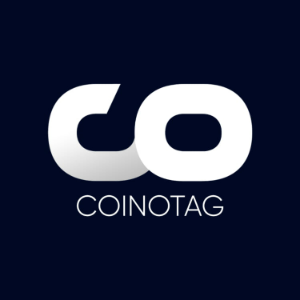Singapore cracks down on unlicensed crypto firms with June 30 deadline
3 min read
Singapore’s central bank has tightened its grip on cryptocurrency regulation, ordering all domestic firms that lack a Digital Token Service Provider (DTSP) licence to stop providing services to overseas clients by 30 June 2025. The move marks a significant escalation in the Monetary Authority of Singapore’s (MAS) efforts to enforce the Payment Services Act and comes amid rising retail participation in digital assets. The directive was issued following MAS’ finalised response to industry consultation and aims to ensure only licensed or formally approved applicants offer cross-border services. The regulator made clear that entities which have not received written approval must fully cease any overseas operations, even if those services are delivered indirectly through intermediaries. MAS closes regulatory loopholes as deadline looms MAS explicitly rejected calls from crypto businesses to implement a phased transition. In its published feedback, the regulator stated that firms had already been given ample notice to meet compliance obligations, and delaying enforcement would compromise its regulatory objectives. The announcement also warns against attempts to exploit perceived grey areas or restructure to maintain operations abroad while managing them from within Singapore. The guidance stressed that “relocating parts of operations offshore” will not shield unlicensed firms from penalties if decision-making and control remain rooted in Singapore. MAS said it will investigate and act against such arrangements, viewing them as regulatory evasion. This marks the first time MAS has formally stated that unlicensed firms must halt all forms of foreign-facing services, irrespective of how they are delivered or through whom. The updated rule clarifies earlier ambiguities and reinforces Singapore’s strict stance on safeguarding users in its fast-evolving digital asset ecosystem. Growing crypto use puts spotlight on compliance The announcement follows a surge in crypto activity among Singaporeans. According to an April 2025 Straits Times survey, 26% of adults in Singapore now hold digital assets, up from 24.4% in 2024. The increase is largely driven by younger consumers, with nearly 40% of Gen Z and millennial respondents indicating ownership of cryptocurrencies. The most common use cases include online purchases, bill payments, and in-store transactions, while older users tend to favour peer-to-peer transfers, particularly for cross-border family support. Despite rising adoption, more than 60% of respondents found crypto platforms too complex, and 54% cited a lack of merchant acceptance. Nonetheless, transaction volumes have continued to grow. Singapore now ranks among Asia’s most active hubs for regulated digital finance, with MAS promoting responsible innovation through licensing and compliance frameworks. Singapore’s dual approach to crypto gains global attention Singapore’s strategy combines active promotion of fintech with tough enforcement of compliance standards. While MAS has signalled long-term support for the digital asset sector, including through its Greenprint and Project Guardian initiatives, it has also moved swiftly to prevent consumer harm and financial misconduct. By drawing a clear line for unlicensed players, the 30 June deadline reinforces Singapore’s commitment to building a secure digital asset environment. Licensed firms with formal approval under the Payment Services Act will continue to serve both domestic and overseas clients, under MAS’ regulatory supervision. Meanwhile, the clampdown is likely to force non-compliant crypto firms to either exit the market or fast-track their licensing applications. For those hoping to capitalise on Singapore’s rising crypto adoption rates, compliance is no longer optional. The post Singapore cracks down on unlicensed crypto firms with June 30 deadline appeared first on Invezz

Source: Invezz



